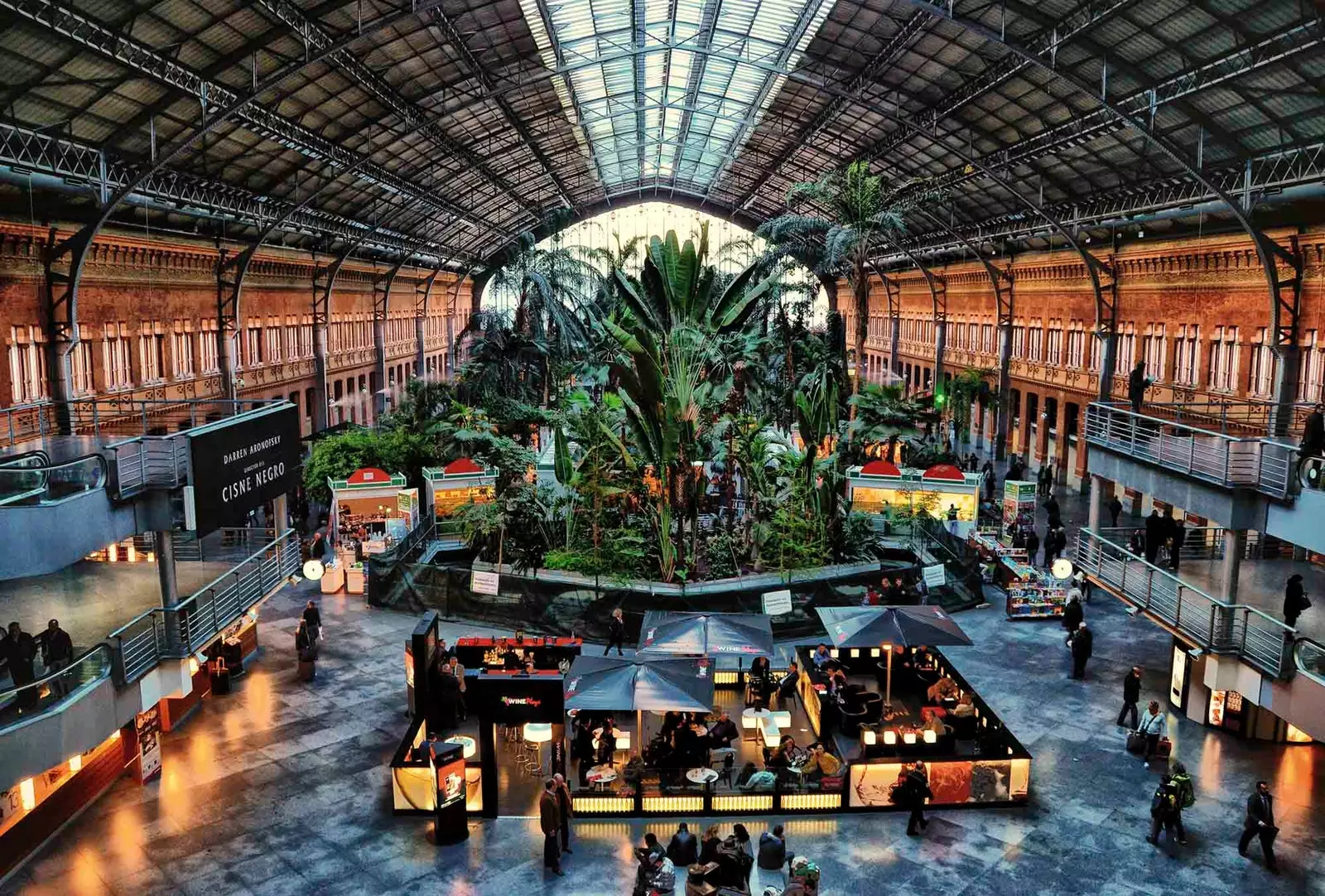
It is expected that the AVE will have more schedules and that the ticket will be more affordable
Nowadays, if a traveler wants to get around Spain by train, they only have one option: to do it with ** Renfe .** However, the company, heir to the old National Network of Spanish Railways that was established in 1941, it may no longer be the only option very soon. The reason? The liberalization of rail transport introduced by the European Union, which will start in December 2020.
Due to this law, other companies -Acciona has already confirmed to Europe Press which will be one of them - will compete to share Adif's infrastructure, set up with 51,000 million euros of public money - which, as explained by Information have not been amortized yet.
This new scenario, which in theory would make it possible to monetize the almost 3,000 kilometers of Spanish High Speed network -the second largest in the world-, however, presents many questions and not a few **commercial and political squabbles**, although it is expected that balance with a better service for the citizen by increasing the offer, and therefore, the number of schedules and routes. Moreover, according to Isaías Táboas, president of Renfe, to The world , "competition will drive prices down." "We are going to have to launch new services to attract new passengers that we still don't have, mainly because of price," he acknowledged.

New operators are especially interested in the Madrid-Barcelona route
Traveler.es has also contacted the railway company to see what exactly this liberalization would translate into. "It remains to be seen", they explain from Renfe. "On paper, in a possible expansion of options to choose from, as the market is opened to competition, and in an increase in the number of services. Renfe faces this liberalization with the focus on the client as the center of all the company's action", they assert.
In this way, according to The confidential , Renfe has outlined a strategy based on internationalization and the implementation, before January 2021, of a plan that is supposed to already be active: the launch of its AVE low cost, Eva -which will be cheaper because it will reduce benefits-. However, the project, which was announced in February last year, was paralyzed in November of the same year. "Renfe's new strategic plan plans to review the catalog of commercial services in the face of the new scenario presented by liberalization, including possible options known as low cost. In this sense, it is a project under review at this time", they respond to Traveler.es from the transport company.
Renfe also plans to invest in new trains -33 metric trains and six alpine trains have already been tendered for 287 million euros-, as well as digitization. For this, it plans to become a "comprehensive mobility operator", with offers of combined tickets for AVE, Cercanías, buses, Metro and companies of such as Uber or Cabify, as reported The confidential . In addition, the company has also redeployed resources to the improvement of your website -this time, 700,000 euros-, because its page is one of the most visited in all of Spain and, without a doubt, also one of the ones that accumulates the most complaints, as collected by ** eldiario.es **.

It seems that in the end there will be a low-cost AVE
Another of the company's services that also gives rise to a large number of complaints is the ** journey between Extremadura and Madrid; ** would it improve with the planned liberalization? "Theoretically, any new operator will be able to show interest in commercial services throughout the network of general interest. That may include a Madrid-Badajoz. In any case, many of the services that currently operate in Extremadura belong to the group of non-commercial public services not subject to short-term liberalization", they respond from Renfe to Traveler.es
For its part, Elizabeth Brown, president of Adif, foresees that the liberalization, only in the first stage, supposes a increased traffic between 30 and 50%. “In the case of Italy, the liberalization of passenger rail transport, which took place in 2012, has been revealed as the most emblematic of our environment and a benchmark for Adif, with very beneficial effects for the sector as a whole”, pointed out the leader, as she collects The Independent . "Thus, the high-speed market in that country has grown by 80% since its liberalization until 2016, going from 38 million travelers to 68."
